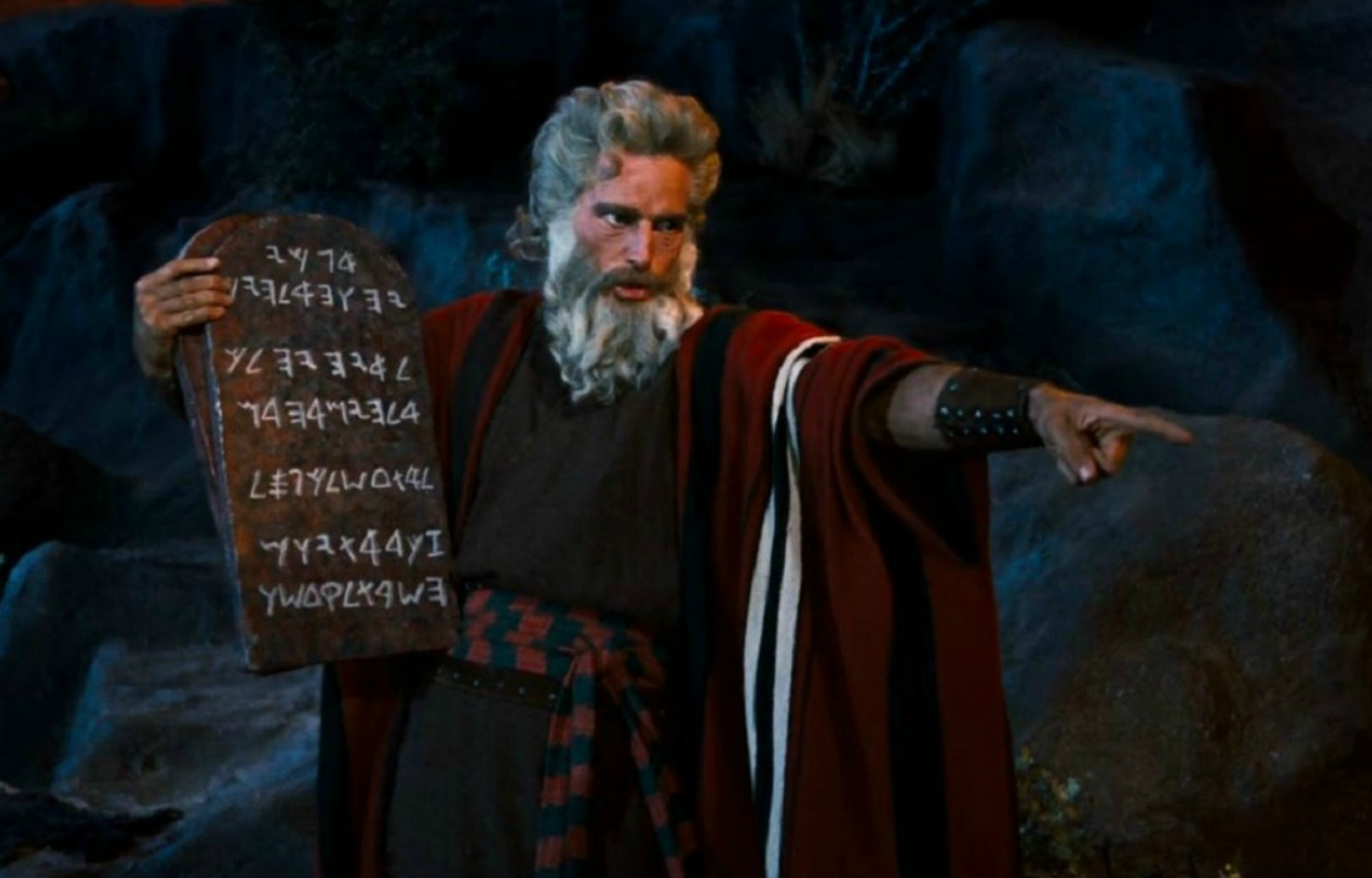Louisiana Governor Jeff Landry signed a bill into effect on Wednesday requiring every public school classroom in the state to display a printout of the Ten Commandments, the first legislation of its kind passed since the US Supreme Court ordered the tenets removed in 1980.
Under the Republican-backed House Bill 71, Louisiana public schools must hang a poster-sized (11” x 14”) display of the Ten Commandments “in large, easily readable font” in all classrooms, from kindergarten all the way up to state-funded universities. According to the legislation, the text of the commandments should to be accompanied by a four-paragraph “context statement” explaining that the biblical directives were “a prominent part of American public education for almost three centuries.”
The displays must be finalized by January 1, 2025, but the legislation notes that no school district funds are to be spent on the installations. Instead, schools can accept donations to cover the cost, or the displays can be donated directly. HB 71 also authorizes—but does not mandate—K-12 classrooms to display copies of the Mayflower Compact, the Declaration of Independence, and the Northwest Ordinance.
Learn the benefits of becoming a Valuetainment Member and subscribe today!
With the passage of the bill, Louisiana has become the first state to successfully pass legislation returning the Ten Commandments to the classroom. Similar bills have been proposed in Texas, Oklahoma, and Utah, but threats of constitutional lawsuits have prevented the legislation from progressing.
In 1980, the Supreme Court ruled in Stone v. Graham that a Kentucky statute requiring displays of the commandments violated the Establishment Clause of the First Amendment. At the time, the Court determined that the commandments served no secular purpose and were there only for religious reasons.
However, proponents of the bill argue that the Ten Commandments do have secular historical significance as “foundational documents of our state and national government.”
“The Pelican State has rightly recognized the history and tradition of the Ten Commandments in the state,” Matt Krause, counsel at the First Liberty Institute, told Fox News. “Putting this historic document on schoolhouse walls is a great way to remind students of the foundations of American and Louisiana law.”
Ahead of the signing, Governor Landry touted the legislation and seemed to fully expect lawsuits against it. “I’m going home to sign a bill that places the Ten Commandments in public classrooms,” Landry said during a speech on Saturday at a fundraiser in Tennessee. “And I can’t wait to be sued.”
As the governor expected, multiple civil rights groups immediately began preparing suits against the bill, decrying it as a constitutional violation.
“We are preparing a lawsuit to challenge H.B. 71. The law violates the separation of church and state and is blatantly unconstitutional,” said a joint statement from the American Civil Liberties Union, Americans United for Separation of Church and State, and the Freedom from Religion Foundation. “The First Amendment promises that we all get to decide for ourselves what religious beliefs, if any, to hold and practice, without pressure from the government. Politicians have no business imposing their preferred religious doctrine on students and families in public schools.”
“Even among those who may believe in some version of the Ten Commandments, the particular text that they adhere to can differ by religious denomination or tradition. The government should not be taking sides in this theological debate.”
Connor Walcott is a staff writer for Valuetainment.com. Follow Connor on X and look for him on VT’s “The Unusual Suspects.”
Got a hot scoop or an idea for a story? Connect with the VT writers on Minnect!




















Add comment